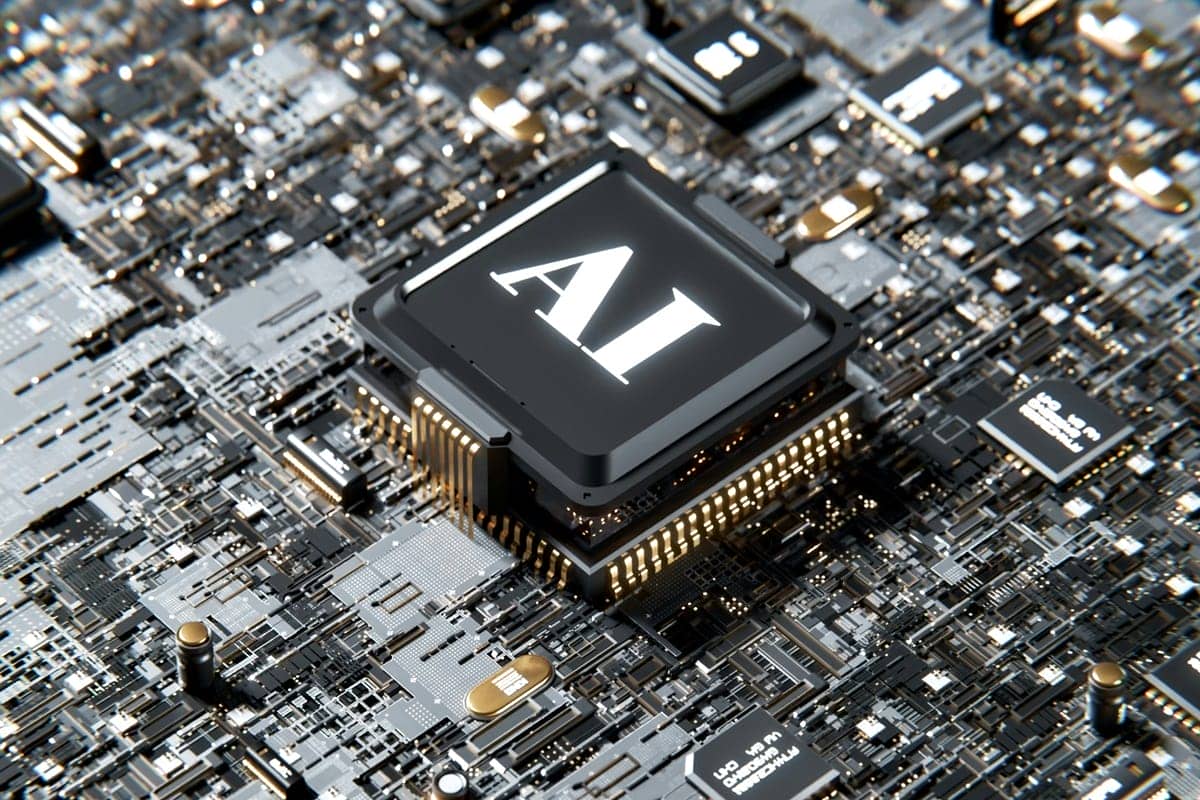Taiwan, which has become a global technology giant in recent years, expects that the volume of investments in the local artificial intelligence industry in the current year will amount to $7.3 billion, as the manufacturing industry of this country develops in the context of a global trend, demonstrating an increase in exports as part of the recovery after a difficult 2023.

Taiwan’s Minister of Economy Affairs Wang Mei-hua this week announced the intention to achieve the mentioned investment goal by using a subsidy scheme, designing chips with generative artificial intelligence, and creating a pilot production line for microcircuits with AI.
For Taiwan’s high-tech equipment industry, which has a half-century history, exports are the main source of income. A new generation of chips is being produced in this sector. Taiwan’s Ministry of Finance this week released data showing that the volume of export activity of the specified industry increased by 18.1% year-on-year in January. It is worth noting that the corresponding indicator shows a positive dynamic for the third month in a row.
Analysts are told that the export growth is largely due to the low comparison base at the beginning of 2023. At the same time, they note that an increase in consumer interest in the supply of high-tech products is currently being recorded.
Jeemin Bang, a junior economist at Moody’s Analytics, says that the growth in Taiwanese electronics exports in January is due to growing demand and the effect of a low base. According to the expert, in recent months, the supply of advanced semiconductors abroad has been due to an increase in consumer interest in the relevant products due to its need to ensure the functioning of artificial intelligence apps.
In January, Taiwan’s shipments of high-tech products to other countries amounted to $37.19 billion. Exports of electronic components, 92% of which are chips, showed an increase of 7.5% year-on-year. Shipments of information, communications, and audiovisual products doubled last month.
Bum Ki Son, a regional economist with Barclays, says the technology sector remains Taiwan’s industrial growth base.
The value of Taiwan’s exports of components last month was $13.67 billion. The supply of information and communication equipment in monetary terms amounted to $9.42 billion.
The dynamic of Taiwanese exports began to improve last November. This trend contributed to the fact that the local economy showed a growth of 5.12% in the fourth quarter of 2023.
Bum Ki Son says that most of the increase in net exports was provided by the technology sector. The expert stated that there is currently a sharp increase in the volume of overseas shipments of artificial intelligence servers, which is likely to entail significant added value from Taiwan due to its active involvement in the AI supply chain.
Analysts also say that the production of chips to accelerate generative pre-trained transformer (GPT) commands in smartphones is likely to be a factor in strengthening the Taiwanese technology sector.
George Xu, director of sovereign ratings for the Asia-Pacific region at Fitch Ratings, said that a gradual cyclical recovery with high demand related to artificial intelligence apps should bode well for strengthening the pace of technology exports and private investment. In this case, Taiwan’s prospects are implied.
Data from the research company MarketsandMarkets indicate that, with a high degree of probability, the compound annual growth rate of the global artificial intelligence market from 2023 to 2030 will be 36.8%.
Chips designed for machine intelligence can be used to ensure the operation of graphics processors, memory microcircuits, data storage software, and other consumer electronics components.
Taiwan currently produces about 60% of the world’s chips. Local factories manufacture, among other things, advanced microcircuits that are used in phones, personal computers, servers, and vehicles.
Taiwan’s President Lai Ching-te has clearly signaled his intention to continue to support the current industrial policy, which will allow Taipei to remain a significant player in global artificial intelligence developments, including in the context of chip production. The relevant information is contained in a statement by the French investment bank Natixis, published this week.
Taiwan’s economy minister predicts that investments in artificial intelligence will create 19,000 jobs this year.
Mainland China and Hong Kong combined were Taiwan’s largest export market in January. In this case, the total value of exported goods is $12.24 billion. Mainland Chinese customers often process products for re-export. Shipments of Taiwanese goods to the mentioned region increased by 17.2% year-on-year last month.
Taiwan’s exports to the United States totaled $8.4 billion in January. This indicator increased by 56.6% year-on-year. Last month, the volume of product shipments to Europe decreased by 11.8% compared to the result for January 2022, amounting to $3.18 billion.
The Taiwan Budget Office expects the local economy to grow by 3.35% in 2024. Darson Chiu, a researcher at the Taiwan Institute of Economic Research, says that the tense situation in the sphere of geopolitical relations, extreme weather events, and problems with navigation in the Red Sea may weaken the positive growth momentum. The expert noted that in 2024, the global economy will face increased geopolitical risks caused by factors such as presidential elections in many countries and ongoing military conflicts.
As we have reported earlier, Japan Earmarks $300 Million to Fire Up Chip Research.









